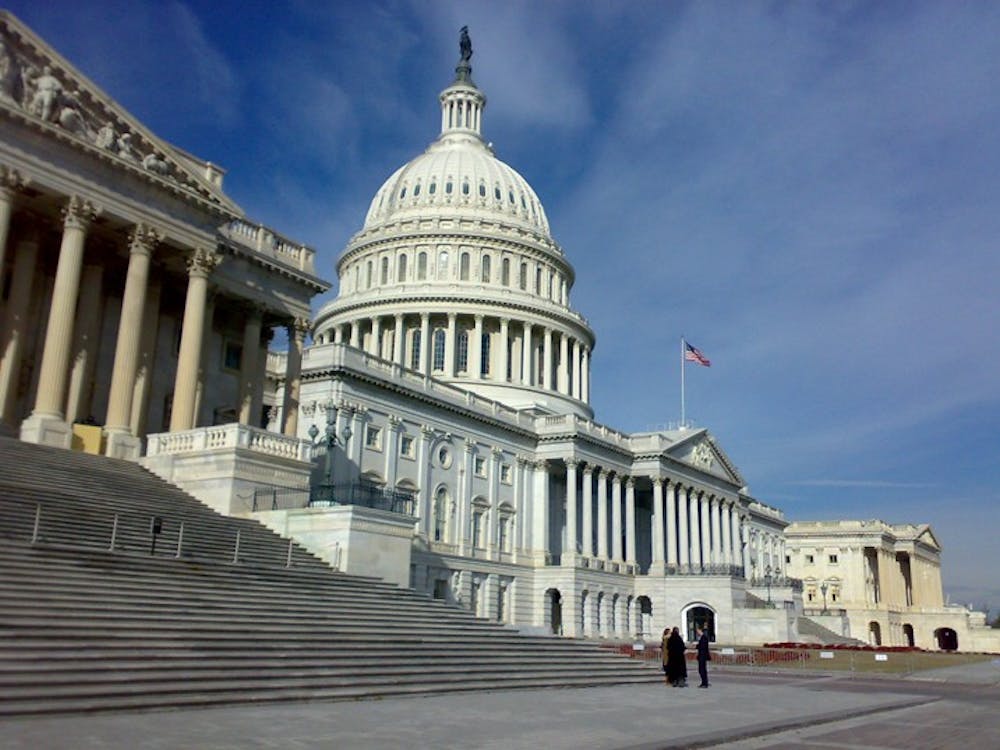By Joe Friedrichsen | Echo
Washington politics are in a state of disarray. Americans are fed up with the hyper-partisan bickering and blame-game tactics that currently define Congress.
This dissatisfaction is evidenced by the fact that 83 percent of respondents in a recent Gallup Poll disapproved of how Congress handles its job. Prior to the general election in 2012, Congress's approval rating was down 14 points at 69 percent. Interestingly, 90 percent of House members and 91 percent of senators who sought re-election in 2012 were successful, according to Bloomberg.
Curiously, Gallup data also indicates that 50 percent of voters believe their own representative deserves re-election-but only 19 percent think most members of Congress deserve to be. Gallup's analysis of data notes that Americans' views of Congress as a whole have always been more negative than the views they hold about their own state representative. Thus, a 31-point percentage gap has emerged as a result of the difference. In Gallup's history, this is the widest such gap in a mid-term election year.
This inconsistency raises a perplexing question: if American voters are as discontent with Congress as polls indicate, then why do they continue to approve of their own representatives?
This phenomenon can be explained by the fact that people generally trust their own member of Congress more than Congress as a whole because of their representative's personability as an individual, according to Dr. Stephen King, Professor of Political Science at Taylor University. On the other hand, Americans distrust Congress due to its complexity as a system and its lack of tangibility.
Such inconsistency illustrates the importance of voting for non-establishment candidates that emphasize getting things done for the good of the country as a whole and not just on the state level. This will require Americans to radically change their philosophy of voting.
When voters vote for candidates that will advance their individual well-being on the state level, there can be a temptation for those voters to ignore a representative's voting behavior on the national level.
It is also important for an individual to avoid political bias toward a particular party, because it can lead to varying degrees of political ignorance. This happens because a strong political bias prevents people from seeing the nuances of political situations clearly. Consequently, whatever portion of the electorate that votes in this manner is likely to vote based on loyalty to a party or candidate. This voter will typically vote for status-quo or establishment candidates.
On the other hand, informed Americans who take the time to understand both sides of an issue with little partisan bias will likely vote across party lines and be more willing to vote out incumbents.
In America's representative democracy, the latter voter is ideal. Americans should strive to vote for practical candidates that will be less concerned with partisan politics, and more with getting things done.
Furthermore, Americans ought to vote for the good of the country rather than for their own self-interest. Voters must disregard the left-right blame game that is so prevalent in today's political environment. Such talk is unproductive and only serves to lead less knowledgeable voters astray.




